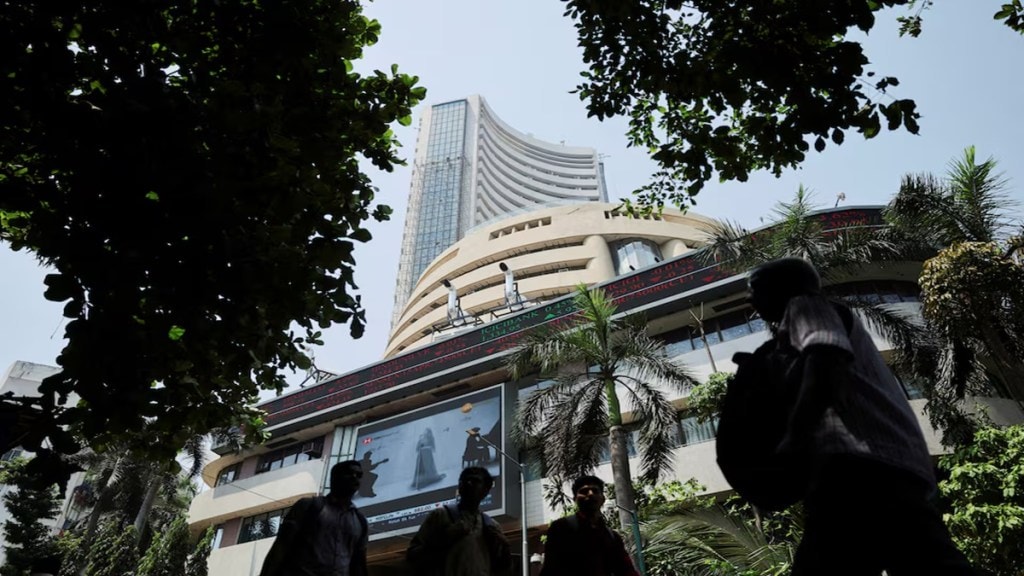With the first National Stock Exchange’s (NSE) Tuesday expiry day for derivative contracts coming into effect, its volume touched its highest level since the end of July.
Data shows that a total of 366.77 million contracts were traded on September 2, having a total notional turnover of Rs 672.39 lakh crore. Of this index, options notional turnover was 668.42 lakh crore, and 95% of it came from Nifty contracts that expired on Tuesday.
Experts believe that the move will benefit expiry as it will have an extra advantage of two days of higher volumes. With this, theta decay, or time decay over the weekend, will be less, said Osho Krishan, chief manager of technical and derivatives research at Angel One. He explained that expiry day activity is high, generally driven by at-the-money and just out-of-the-money strikes.
The premium turnover of index options fell to Rs 68,711 crore in the Tuesday expiry from Rs 72,659 crore on Thursday.
What did the consultation paper state?
In June, the markets regulator, after taking into consideration responses from both the exchanges, assigned a Tuesday expiry day to NSE and a Thursday to BSE. This came after a consultation paper restricted experiments on Tuesdays and Thursdays. It had said, in the multi-exchange framework, spacing out of expiry days through the week reduces concentration risk and provides an opportunity for stock exchanges to offer product differentiation to market participants.
SEBI’s concerns
Sebi is concerned of higher expiry day volumes even after it has undertaken various restrictive measures and is looking to improve the quality of the derivatives market by extending the tenure and maturity of such contracts.
Effective September, all contracts on the NSE, including weekly, monthly, quarterly, and half-yearly, will expire on Tuesday and BSE’s on Thursday.
